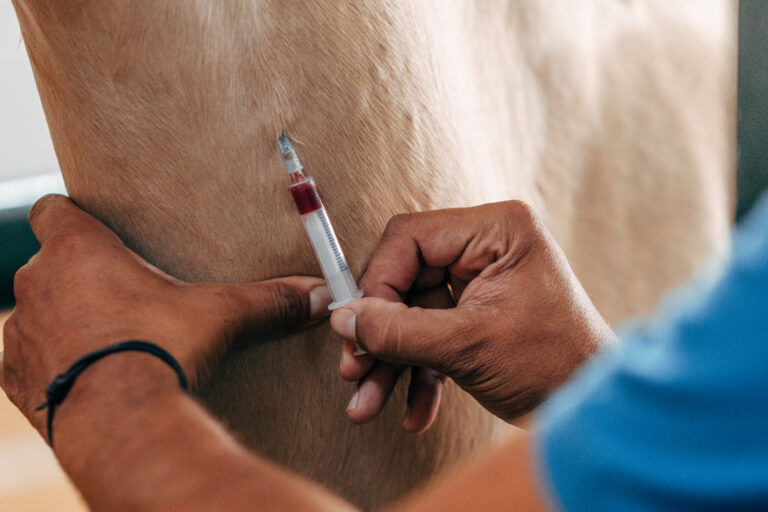Editor’s Note: The following article “A review of equine rectal tears and current methods of treatment” is from Equine Veterinary Education via Wiley Online Library.
Abstract
Rectal tears are a risk of rectal palpation during equine clinical examination and can be life-threatening; prompt medical and surgical intervention is required to improve patient outcome. Depending on the degree of the tear, conservative treatment or surgical management may be warranted. Surgical management involves either direct suturing or faecal diversion techniques, such as colostomy or a temporary indwelling rectal liner. The prognosis for a horse with a rectal tear depends on size of the tear, grade and location of the tear, and time between occurrence and first aid measures.
Authors
M. McMaster, F. Caldwell, J. Schumacher, and R. Hanson of the Department of Clinical Sciences, College of Veterinary Medicine, Auburn University; J. McMaster of Jack McMaster Design and Illustration, Wolfville, Nova Scotia, Canada.








